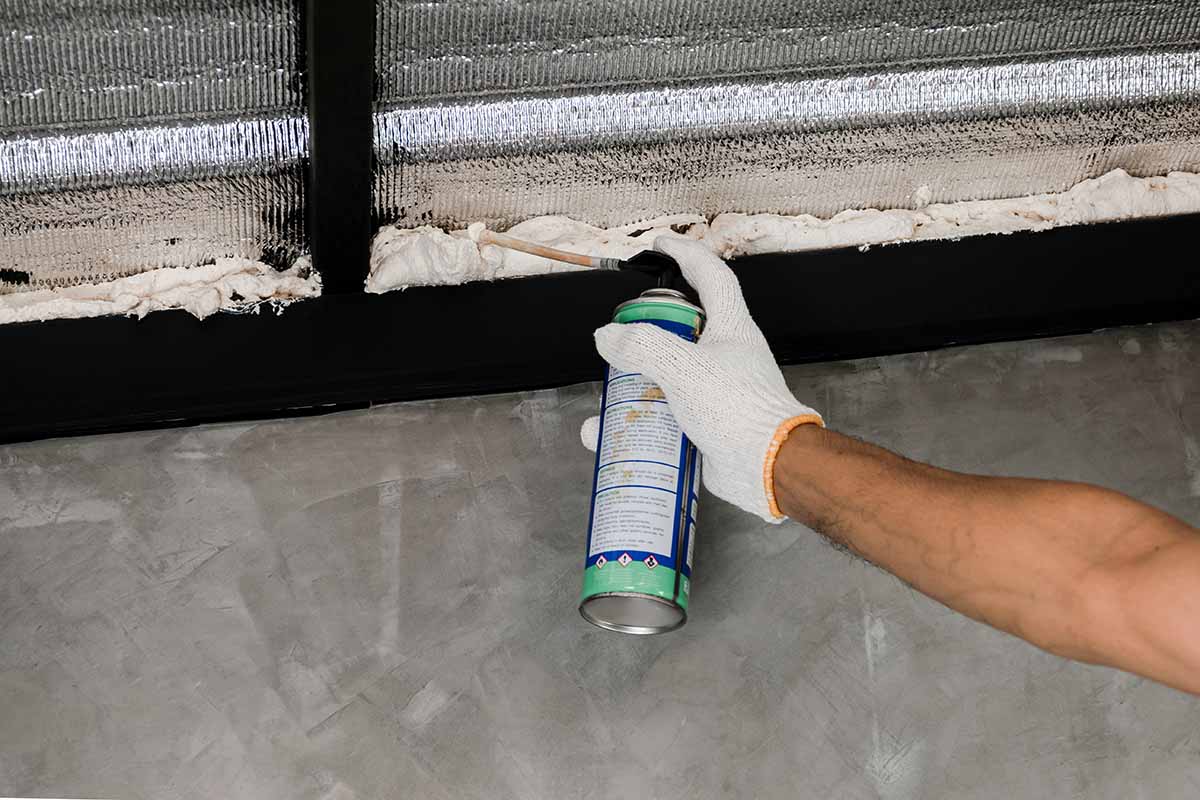7 Tips to Maintain A Safe Electrical System in Your House
Electrical Safety is essential for the home. The electrical system in your house is the heart of all its activities. If anything goes wrong with it, it can cause damage to your home and even lead to injuries or death. It is therefore important that you maintain a safe electrical system in your house by following these tips by Bluebell Electrical.
Change the Wires
The first thing to do is to use the correct wire for the job. You want to use #12 AWG wire for residential service entrance applications and #10 AWG wire for branch circuit, feeder, and service conductors in residential applications.
Make sure you buy solid, stranded, or coated electrical wires with approved insulation materials that will resist heat, moisture, oil, and chemicals better than PVC insulation do. When selecting a cable type, consider if it meets the NEC codes for installation methods such as conduit or direct burial in concrete floors, etc…
The second thing you need to do is ensure that your wiring method complies with local building codes, which may require additional labor, such as terminating conductors by soldering them together at each point of connection rather than twisting them together, as most electricians would do otherwise.
Change the Power Protection System
If you have a power protection system, changing it every five years is essential. This device protects your electrical system from overloading and shorts. Your house should have a power protection system if you use common household appliances such as washers, dryers, and dishwashers.
If you don’t know whether or not your home has one of these devices in place yet, talk with an electrician about what options are available for your home and family.
Check for Flickering Lights
You should check for flickering lights on the same circuit. If you have flickering lights, it could be due to an electrical short in the wires. If this happens, turn off circuit breakers or fuses one at a time until you find the faulty circuit and correct it.
If you find that your lights are flickering in different circuits, then check for issues with fuses or circuit breakers.
Conserve Energy
The first step to saving energy is understanding how much energy your household uses. You can do this by adding up the wattage of all the electrical devices in your home and multiplying that number by four (this will give you kilowatt hours). To be more accurate, you can use an online kilowatt-hour calculator.
After determining how much energy your house uses, it’s time to figure out which appliances use the most powerful and why. For example, if you have a lot of incandescent light bulbs throughout your home and they’re not LED or CFLs (compact fluorescent lights), then replacing them with LEDs would save a lot of money in the long run.
Also, consider what appliances might need replacing altogether if they’re older than 10 years because newer models are much more efficient than their predecessors were back then.
Overload The Circuits
You can overload a circuit by plugging too many appliances into it. If you overload the circuit, the circuit breaker will trip, and you’ll lose power to that outlet or switch. You can tell if you’re overloading a circuit by counting how many lights are on when you have everything turned on (the ones in use plus any that are always on). If there are more than 12 lights on at once, you may be overloading your circuits and should consider upgrading them.
Avoid Faults in Wiring System
The following tips will help you avoid faults in your wiring system:
- Check for loose connections. If you have recently added new electrical equipment or a lot of old equipment has been replaced, it is important to check that every connection is tightened correctly. It is easy to overlook things like this when doing an inspection of your home’s electrical system.
- Test the power supply cord of each appliance before using it for the first time after installation or repair work has been completed. Avoid using any appliance if its power supply cord appears damaged and frayed at either end or if there are signs of heat damage along its length (such as discoloration).
- Check all light bulbs regularly—not just ones that burn out immediately but also those which seem dim even though they are new. If you find one that needs replacing, make sure that you change all bulbs at once, as this can prevent problems caused by mismatched brightness levels later on down the line.
Perfect Connections Only
You will want to make sure that your connections are perfect. You can do this by using the correct size of wire connector, the right type of wire connector, the proper amount of wire connectors, and making sure they are all tight.
Conclusion
Electricity is not a problem. It is a vital part of our lives but must be appropriately handled. Improper handling can lead to fire or personal injury, damage to property, and harm to the environment.
About the Author
Monica is a passionate writer and content creator. Her interests include outdoor activities, fitness, technology, entrepreneurship, and everything in between. Say hi to Monica on Twitter @monical_lee.




















